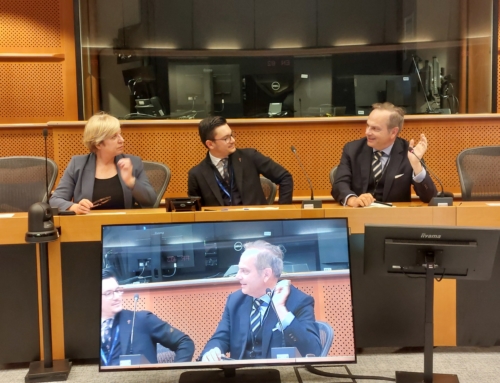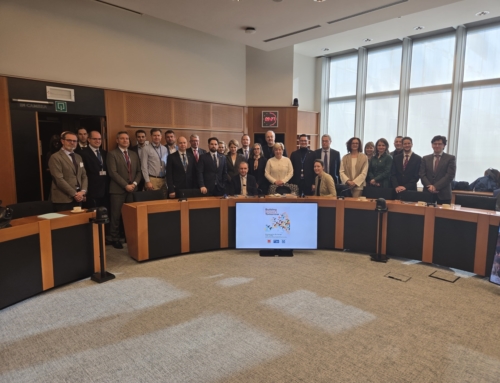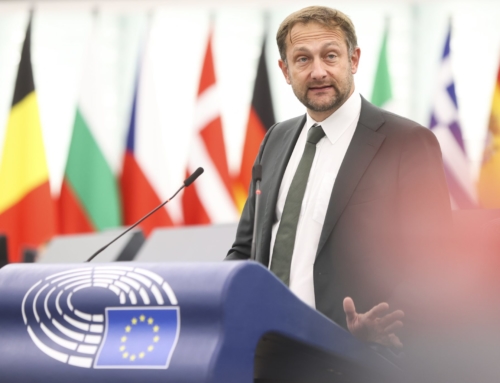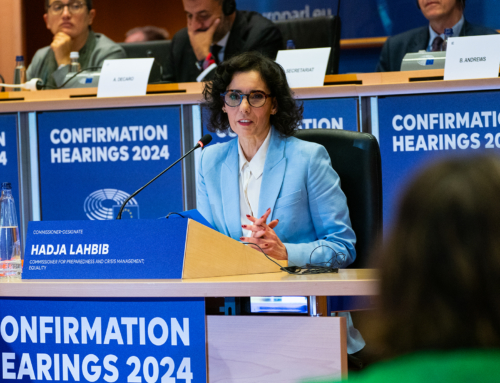Brussels, Friday 24th January
On January 22, a debate took place in the European Parliament on the Digital Service Act.
The Digital Service Act (or DSA) was voted on by the European Parliament on July 5, 2002, before being adopted by the Council of the EU three months later.
In the highly technical issue of Internet regulation by the European Union, a fiery actor has burst onto the scene: Elon Musk, owner of X (formerly Twitter). The billionaire is protesting against a European regulation that he considers to be a risk of censorship of freedom of expression.
At the end of January, the European Parliament debated the Digital Service Act (DSA), a regulation whose aim is to reduce the dissemination of illegal content and to establish more transparency for online platforms.
European Commissioner Henna Virkkunen explained that “The DSA does not censor, but creates the conditions to be able to remove contentious content. […] The Commission wants to encourage democratic debate and civil discourse.”
How are these rules applied? The Commission remains vague on the actions taken against social networks such as X or TikTok, accused of not respecting the rules. However, Elon Musk refuses to apply the regulation on his network. This is all the more complex since the same comment can be legal in one country, but illegal elsewhere. There is therefore a legitimate fear that social networks will impose the strictest rules in order to comply with European legislation, but to the detriment of freedom of expression.
It should be noted that the Commission has also designated the largest pornographic sites as being subject to the DSA. These sites must now remove all child pornography images and any illegal content in general. Although it is obvious that so-called “adult” sites should not be accessible to under-18s, the European Commission was slow to include them in the list of sites subject to the DSA.
Article 28 of the European Regulation specifically concerns the protection of minors, since it requires access providers to “ensure a high level of confidentiality, security and safety” when visitors are minors. It also prohibits advertising targeted at under-18s.
Despite the controversies, the main issue in this debate remains to preserve freedom of expression on social networks while acting against harmful content, such as incitement to violence or the exposure of minors to pornography.
Between freedom and protection, the tension still occurs.
See also: https://www.fafce.org/on-saferinternetday-we-reiterate-our-calls-for-digital-safety/








